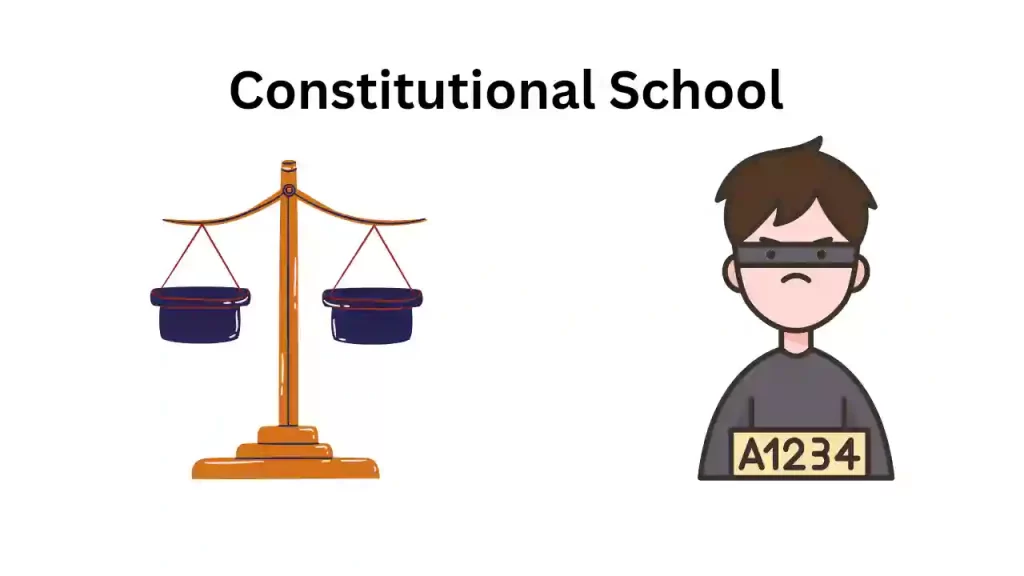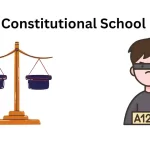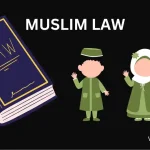Are you familiar with the Constitutional School of Criminology? It’s a fascinating approach to understanding crime and criminal justice that focuses on the role of the Constitution in shaping our laws and policies. From due process protections to the right to bear arms, this school looks at how constitutional principles impact everything from police practices to sentencing guidelines. If you’re interested in learning more about this innovative field of study, read on!
What is the Constitutional School of Criminology?
The Constitutional School of Criminology is a school of thought that emphasizes the importance of the Constitution in shaping criminal justice policy. This approach takes into account the fact that the Constitution protects individual rights and limits the power of government. The Constitution provides a framework for balancing the interests of victims, offenders, and society as a whole.
The Constitutional School of Criminology holds that the Constitution is the supreme law of the land and should be respected and followed by those who work in the criminal justice system. This approach has been influential in shaping American criminal justice policy.
History of The Constitutional School of Criminology
The Constitutional School of Criminology is a school of thought that holds that the best way to reduce crime is to focus on the underlying causes of crime and provide everyone with equal opportunities. This approach was first proposed by Cesare Beccaria in his book On Crimes and Punishments, which was published in 1764.
The Constitutional School gained popularity in the United States during the Progressive Era, when social reformers were looking for new ways to address the problems of urbanization and industrialization. The school’s influence can be seen in the work of early criminologists such as Edwin Sutherland and Robert Merton, who both argued that poverty and inequality were major causes of crime.
The ideas of the Constitutional School are still relevant today, as many people continue to believe that unequal access to resources and opportunity are major contributors to crime. In recent years, there has been a renewed interest in these ideas, as scholars have begun to explore how they can be used to address contemporary issues such as mass incarceration and police brutality.
Key Themes in the Constitutional School Of Criminology In Exam
The key themes in the constitutional school of criminology are:
1. The belief that the Constitution is the supreme law of the land and should be followed to the letter.
2. That the Bill of Rights protects citizens from government overreach and abuse.
3. That criminals are victims of society, not bad people worthy of punishment.
4. That rehabilitation, not retribution, is the goal of criminal justice.
Pros and Cons of the Constitutional School of Criminology Llb Exam
The Constitutional School of Criminology is a theory that holds that the Constitution of the United States is the supreme law of the land, and that any laws that are in conflict with it are invalid. This theory has a number of pros and cons.
PROS:
1. The Constitution is the supreme law of the land, and any laws that conflict with it are invalid. This means that criminals can be prosecuted under the Constitution, rather than under state or local laws.
2. The Constitutional School provides for a more uniform application of justice. All criminals would be prosecuted under the same set of laws, rather than a patchwork of state and local laws.
3. The Constitutional School gives judges more flexibility in sentencing criminals. Judges would no longer be bound by mandatory minimum sentences or other rules that limit their discretion.
CONS:
1. The Constitutional School could lead to more lenient sentences for serious crimes. Judges would have discretion to hand down lighter sentences if they saw fit, which could result in more dangerous criminals being released back into society.
2. The Constitutional School could create a situation where different parts of the country have different standards for what constitutes a crime. This could lead to confusion and inconsistency in the criminal justice system.
Examples of Cases Where This Theory Has Been Used Successfully
The constitutional school of criminology has been used successfully in a variety of cases. For example, it was instrumental in the exoneration of wrongfully convicted individuals such as Timothy Cole and Anthony Porter. The theory was also used to challenge the death penalty in Furman v. Georgia, and more recently, it has been invoked in support of same-sex marriage and other civil rights issues.
Alternatives to the Constitutional School of Criminology
The criminal justice system in the United States is based on the Constitution, and the Supreme Court has interpreted the Constitution to provide certain protections for criminal defendants. The Constitutional School of Criminology is a theory that focuses on these constitutional protections and how they should be applied in the criminal justice system.
There are other theories of criminology that focus on different aspects of crime and criminals. The following are some examples of alternative schools of criminology:
The Biological School of Criminology focuses on the role of biology in crime. This theory suggests that some people are predisposed to criminal behavior because of their physical or mental makeup.
The Psychological School of Criminology focuses on the role of psychological factors in crime. This theory suggests that people engage in criminal behavior because of mental disorders or other psychological problems.
The Sociological School of Criminology focuses on the role of social factors in crime. This theory suggests that people engage in criminal behavior because of poverty, racism, sexism, and other social problems.
Conclusion
In conclusion, the Constitutional School of Criminology is an important school of thought that has helped to shape our understanding and approach to criminal justice. By focusing on individual rights, respect for dignity, and equitable treatment under the law, this school has provided a framework for developing policies that are focused on protecting citizens’ rights while still recognizing legitimate interests in public safety. Through its contributions to criminology theory and practice, this school continues to be an influential force in shaping how we think about crime and how we respond to it.






